DOE to award $12M to support extraction and conversion of lithium from geothermal brines
Green Car Congress
NOVEMBER 10, 2022
0002823 ) to support the extraction and conversion of lithium from geothermal brines to use in batteries for stationary storage and electric vehicles. This funding opportunity will support technologies to extract battery-grade lithium from geothermal brines directly—providing a cost-effective, domestic source of this critical material.





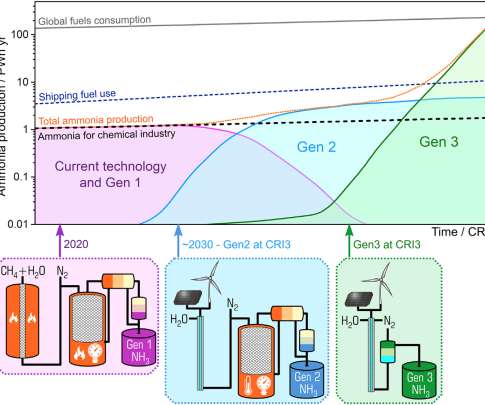








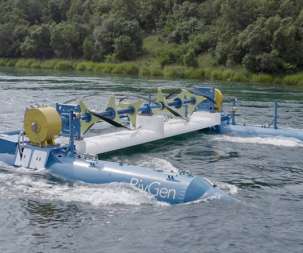
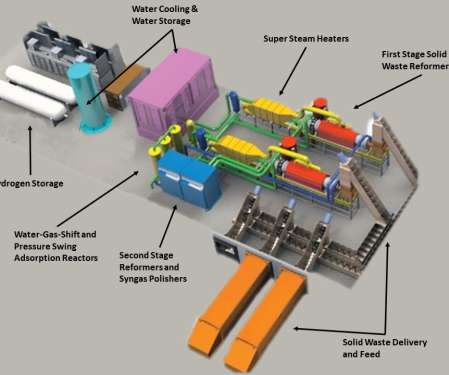



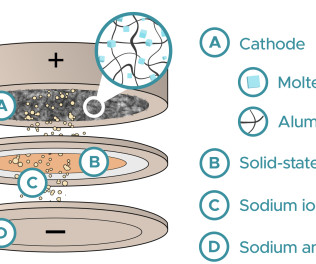
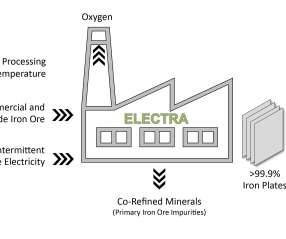

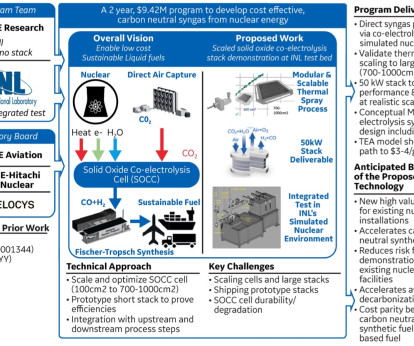





















Let's personalize your content